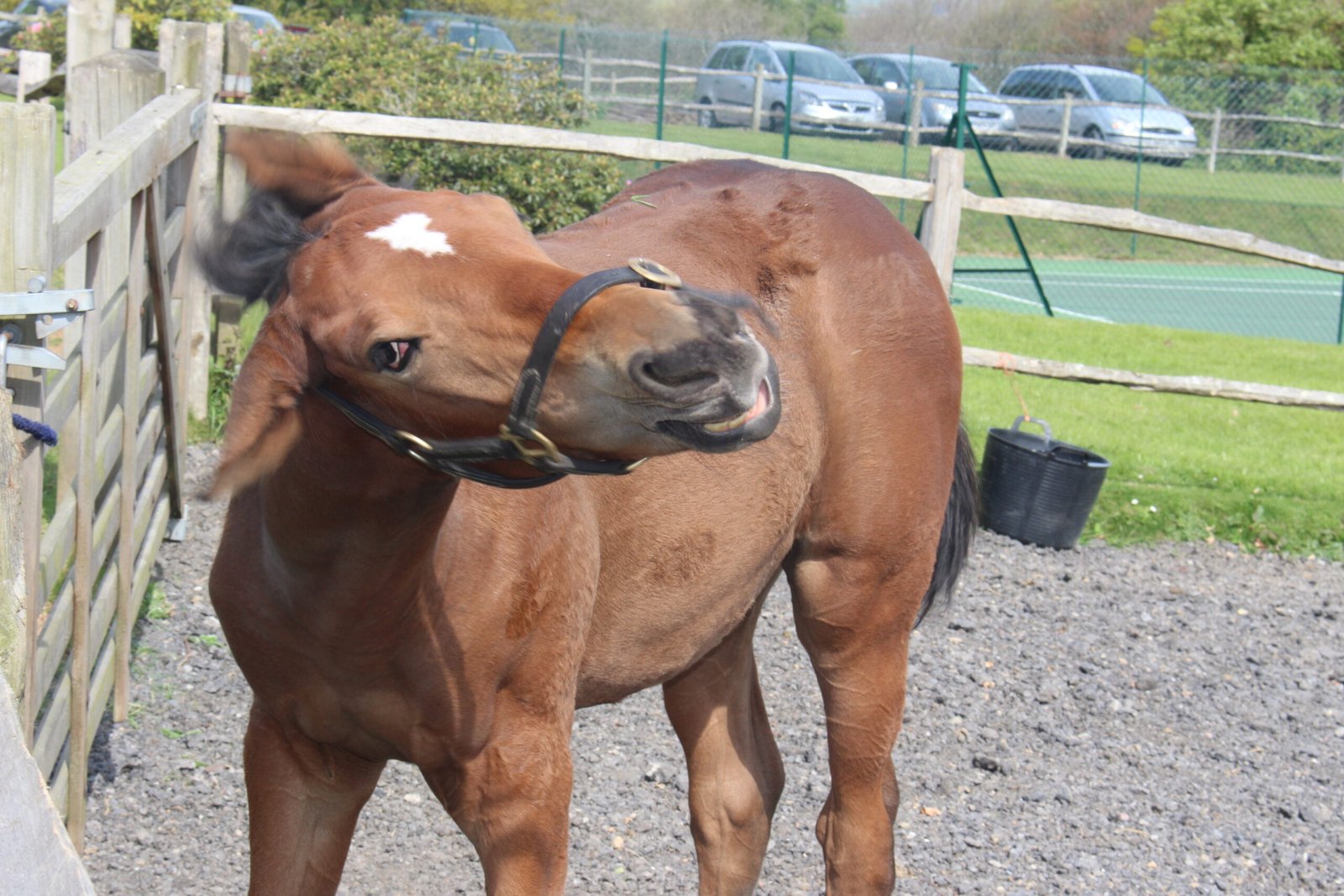Your horse might not be able to speak, but it has clever ways of letting you know something’s up—especially when it comes to dental health. From dropping food to resisting the bit, these subtle signs often point to a need for a dental check-up. Ignoring them could lead to discomfort, weight loss, or even behavior changes. Staying on top of equine dental care not only prevents pain but also supports better performance and overall well-being. It’s all about learning your horse’s unique language—and listening closely.
Dropping or Spilling Feed More Than Usual
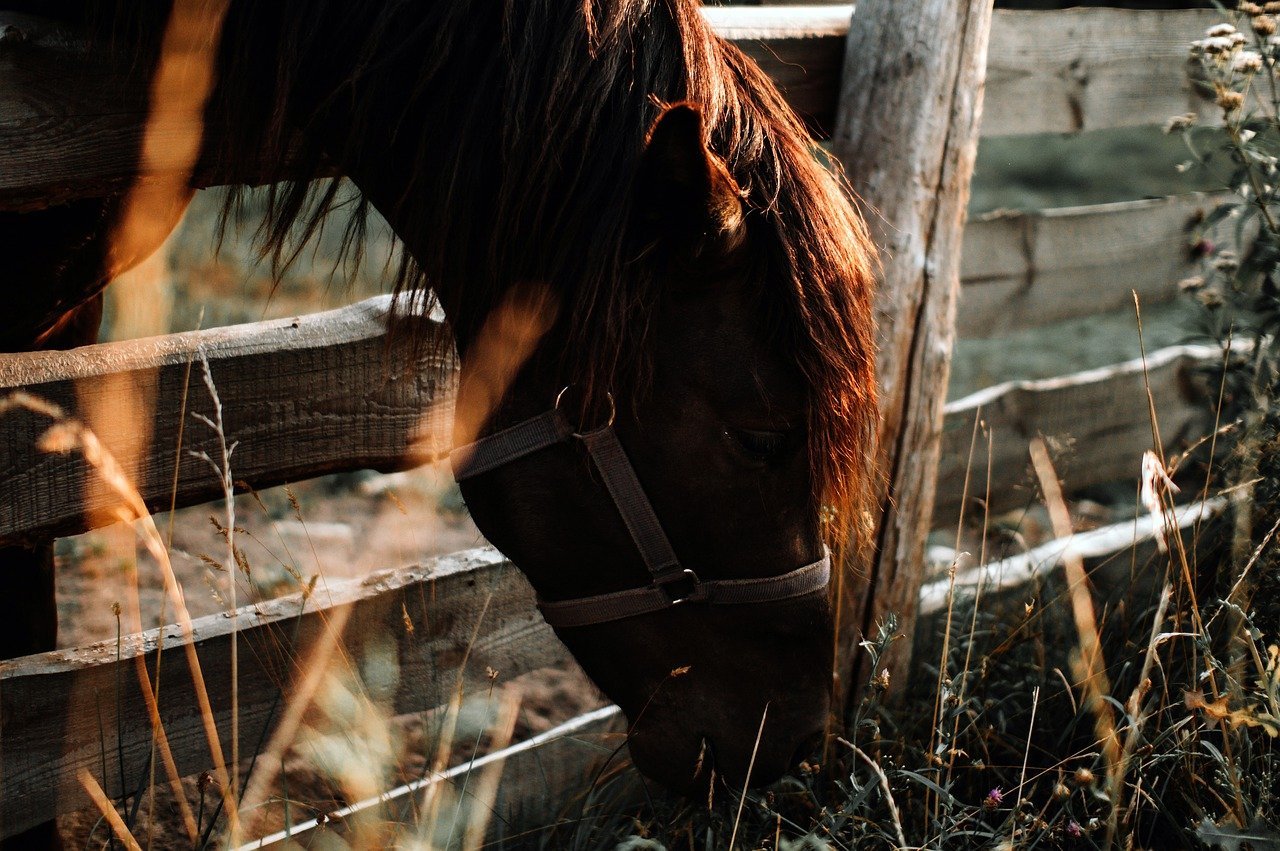
One of the first signs many horse owners notice is their horse dropping feed while eating. This behavior, called “quidding,” often means your horse is struggling to chew properly because of sharp edges, uneven wear, or sore spots in its mouth. You might find half-chewed wads of hay on the ground or see your horse making odd chewing motions. Sometimes, horses will even avoid their grain altogether if it becomes too painful to eat. Picture yourself trying to eat with a toothache—you’d be dropping crumbs and feeling frustrated, too! If your usually tidy eater has turned messy, it’s time to call the dentist.
Sudden Weight Loss or Difficulty Maintaining Weight
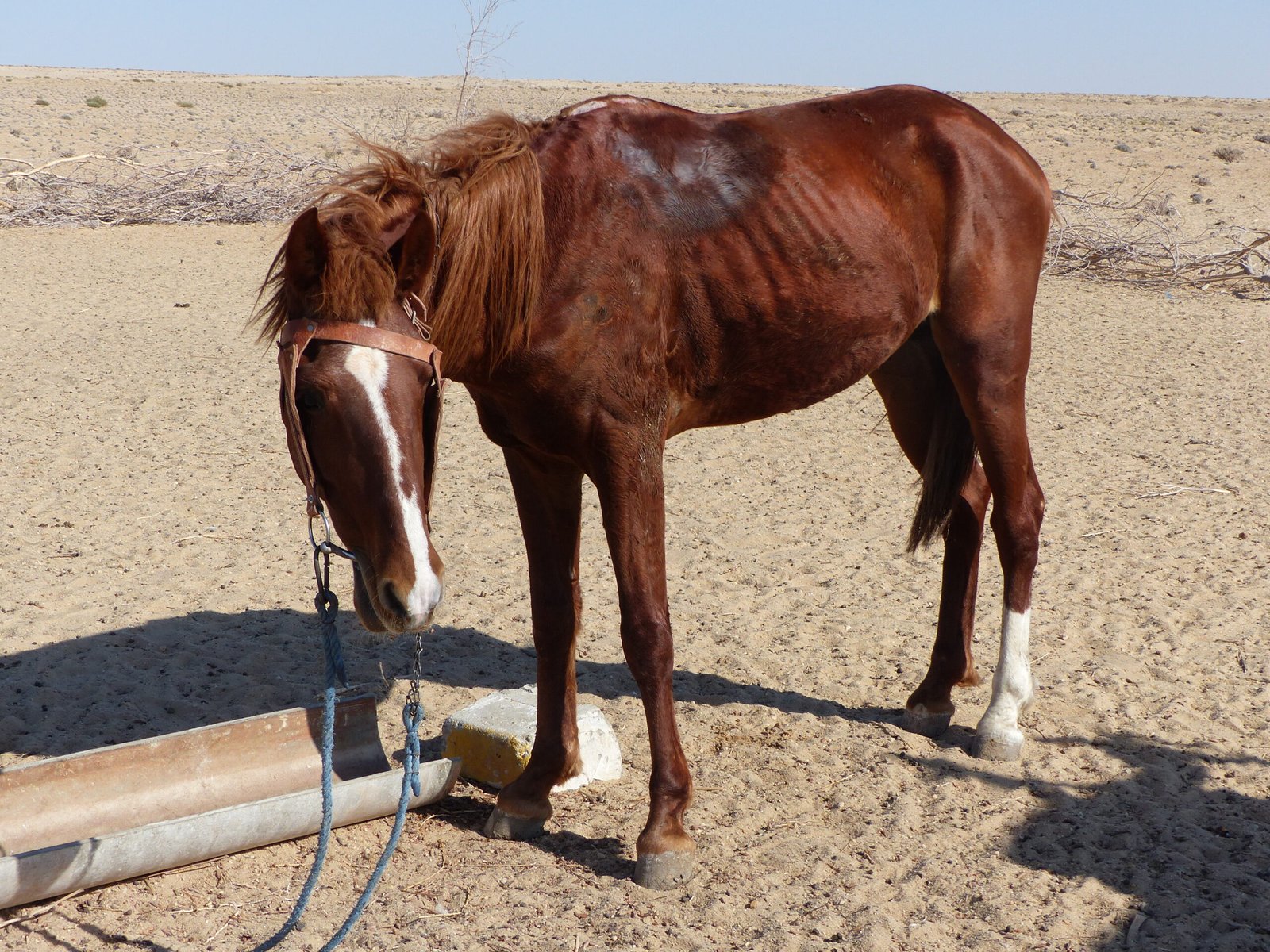
Is your horse losing weight despite eating the same amount of food? Dental issues can make it difficult for them to grind hay and grain efficiently, leading to poor digestion and weight loss. Sometimes, even a hearty appetite can’t make up for the calories lost from inefficient chewing. This can be especially concerning with older horses or harder keepers that already struggle to maintain their body condition. If you notice ribs starting to show or a once-healthy coat looking dull, dental discomfort might be the silent culprit behind the scenes.
Unusual Head Tossing or Bit Resistance
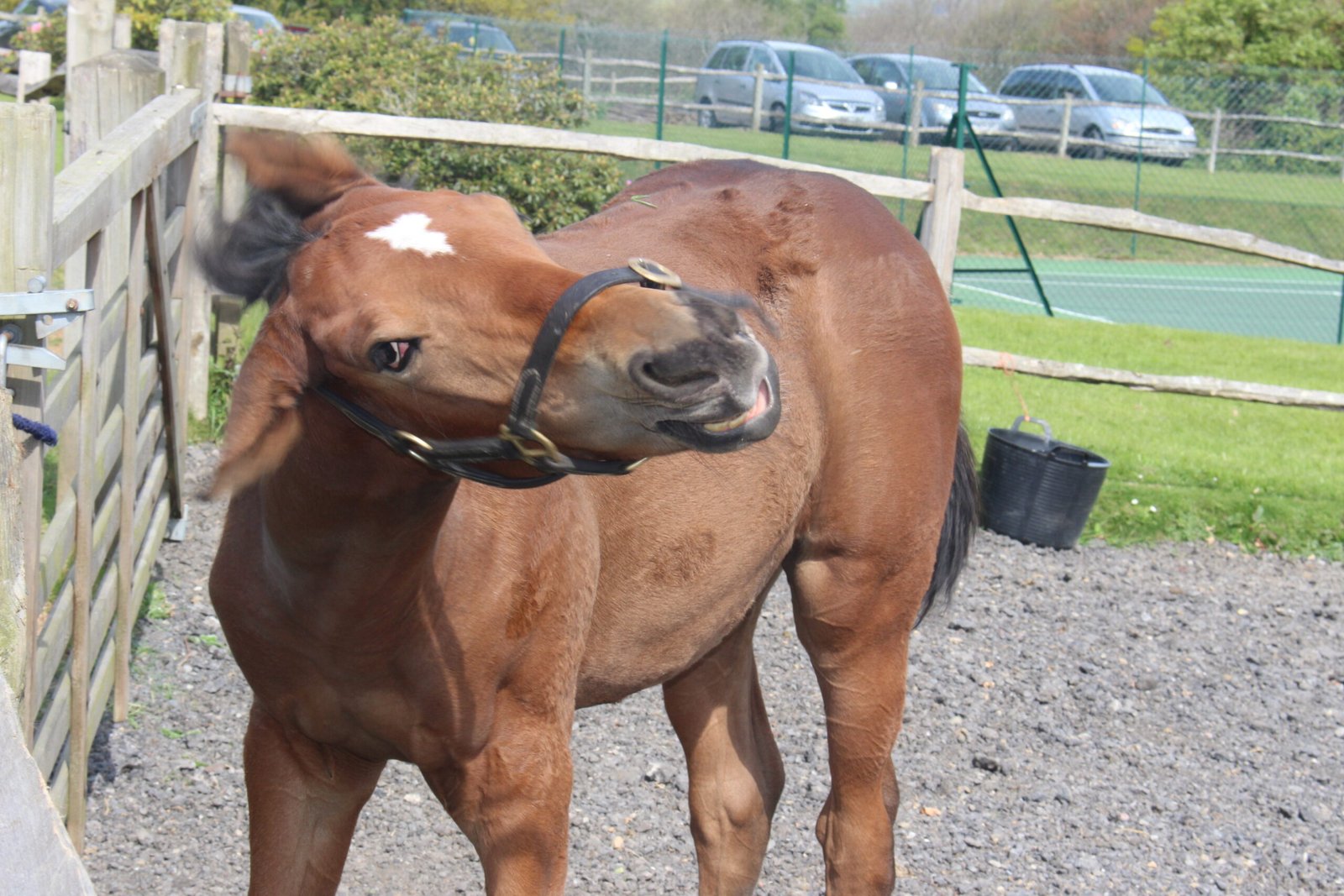
Have you noticed your horse tossing its head, throwing it up or sideways, or fighting the bit more than usual? These behaviors are often mistaken for stubbornness or poor training, but dental pain is a common cause. Sharp points or ulcers in the mouth can make the bit feel like a torture device. Horses might open their mouths excessively, refuse to accept contact, or even rear in frustration. Imagine the irritation of a pebble in your shoe, then multiply it by ten—your horse’s bit could be pressing right against a sore tooth or ulcer.
Bad Breath or Unpleasant Odor From the Mouth
A horse’s breath shouldn’t knock you off your feet. When you catch a whiff of something foul as your horse breathes out, it’s often a sign of dental trouble. Rotten odors can point to infections, decaying teeth, or food trapped in gaps caused by dental abnormalities. In some cases, abscesses or severe gum disease may be lurking under the surface. If your horse’s kisses suddenly smell like a garbage can, don’t ignore it—bad breath is often their way of waving a red flag for help.
Facial Swelling or Sensitivity
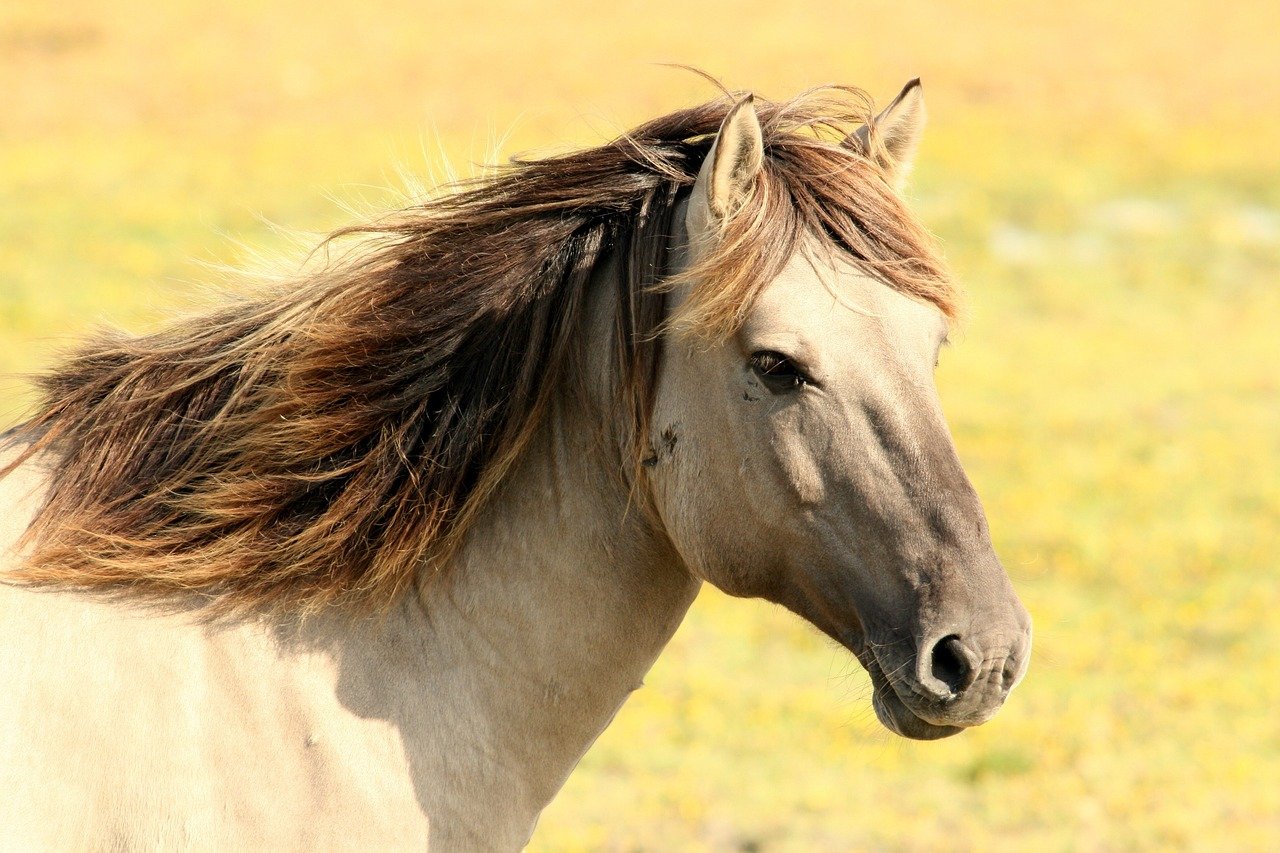
Has your horse’s face started looking uneven, or do they flinch when you touch their cheeks? Swelling along the jawline or around the mouth can mean there’s an abscess, infected tooth, or an injury inside the mouth. Some horses may even develop drainage or pus, which is impossible to ignore. Others will simply avoid having their face handled, becoming head-shy seemingly overnight. Tenderness and swelling are your horse’s way of saying, “Something hurts—please help!”
Excessive Drooling or Salivation
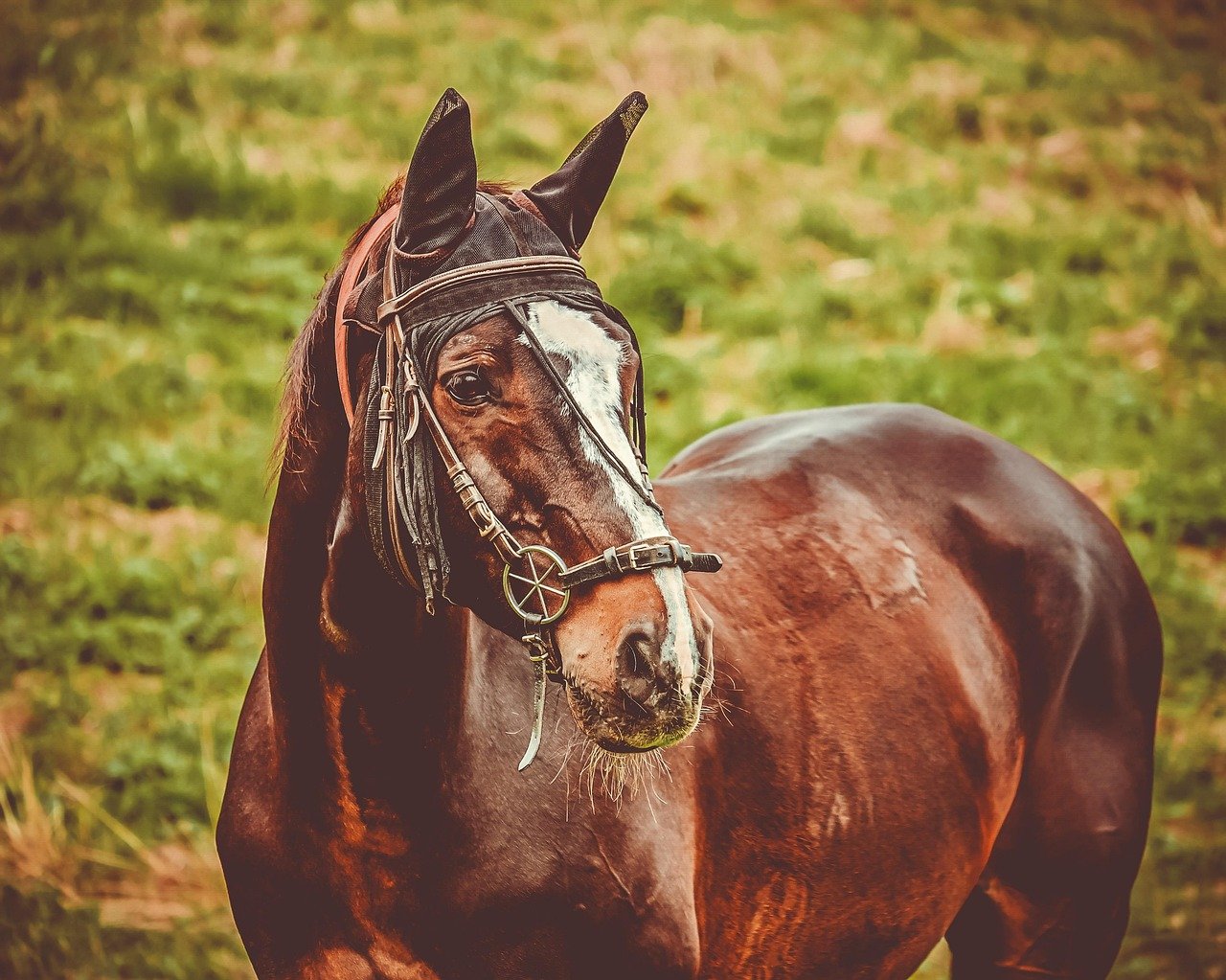
A little drool is normal, especially when grazing on lush grass, but a horse that’s suddenly slobbering all the time may be hiding dental pain. Excessive salivation often results from difficulty swallowing, mouth pain, or ulcers caused by sharp teeth. Sometimes, you’ll see wet patches on their chest or legs from where the drool drips. While it might look funny at first, chronic drooling is no laughing matter—it’s a clear sign your horse’s mouth needs a closer look.
Packing Feed in the Cheeks
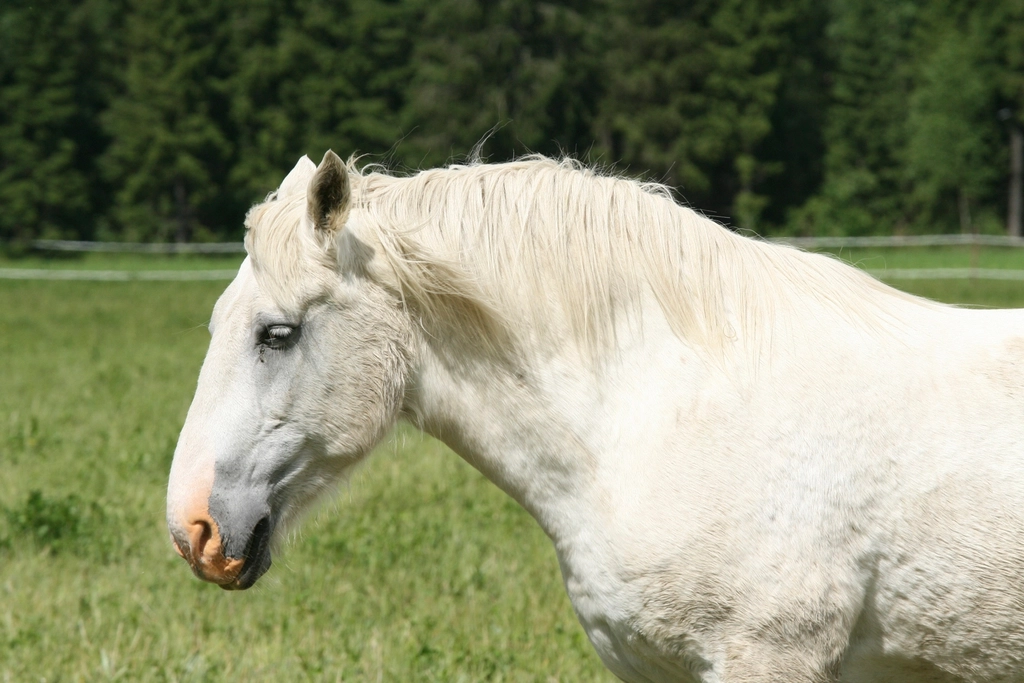
Some horses start packing feed into their cheeks, much like a squirrel with acorns. This is a clever way to avoid chewing on a painful spot or sharp edge. You might notice your horse’s cheeks look puffy, or find balls of chewed hay hidden in their stall. These “hay balls” are a sure sign that eating has become uncomfortable. Horses often do this without making much fuss, so it’s easy to miss if you’re not looking carefully. If you discover this odd habit, it’s time for a dental exam.
Changes in Attitude or Performance
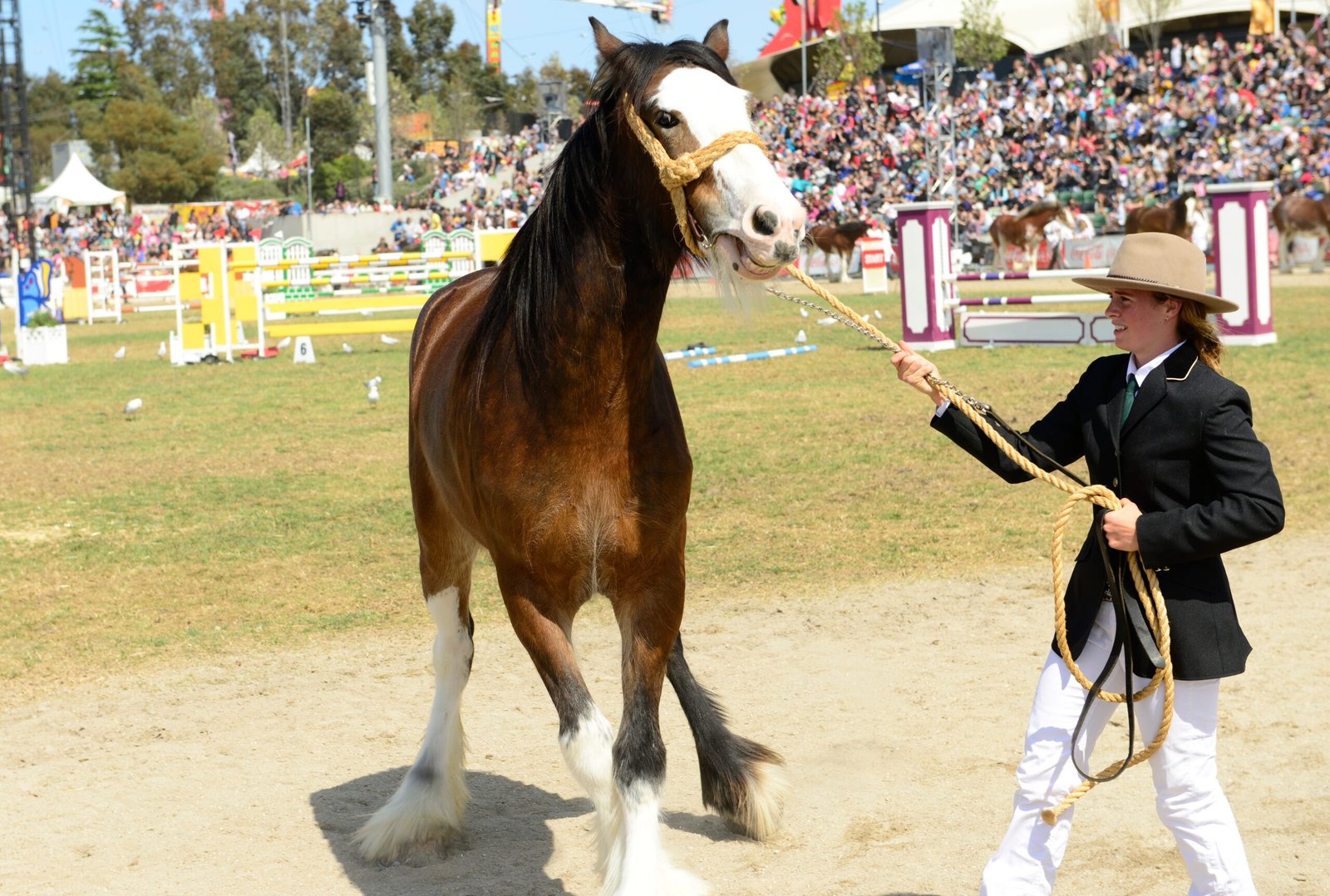
The horse that once greeted you at the gate may suddenly seem cranky, irritable, or even aggressive. Performance issues like refusing jumps, bucking, or resisting the bridle can all stem from dental pain. Some horses become listless, while others act out in frustration. Think about how a headache or toothache can ruin your day—it’s no different for your horse. Mood swings, reluctance to work, and even subtle changes in behavior should never be brushed off as mere attitude. Your horse could be pleading for relief from dental discomfort.
Understanding your horse’s dental cues can make a world of difference in its comfort and happiness. By spotting the early signs and scheduling regular dental check-ups, you’re not just preventing problems—you’re showing your horse the care and attention it deserves. A healthy mouth supports better eating, riding, and behavior. In the long run, staying proactive with dental care helps your horse live a longer, healthier life. After all, a happy horse is one that feels good—right down to its teeth!

